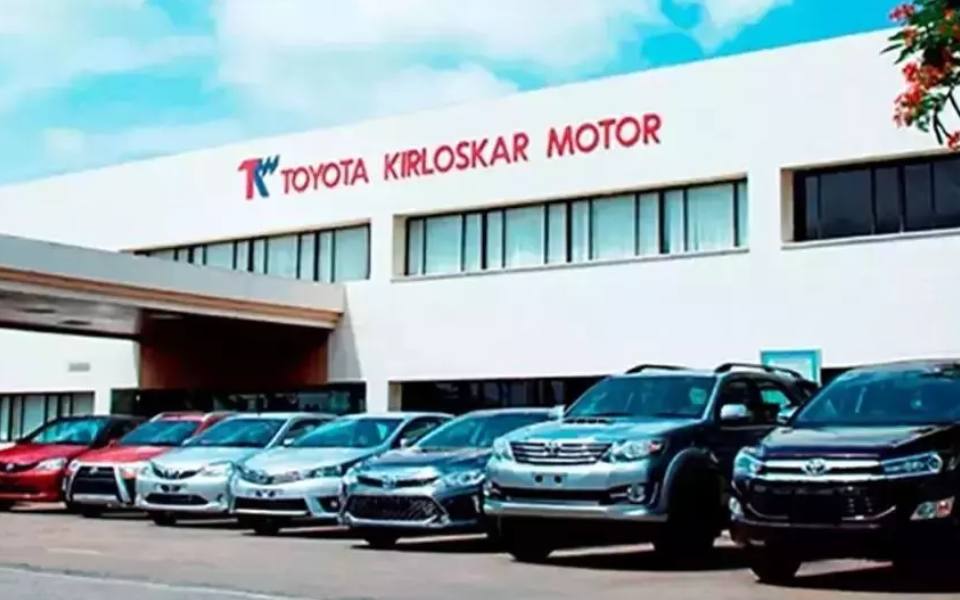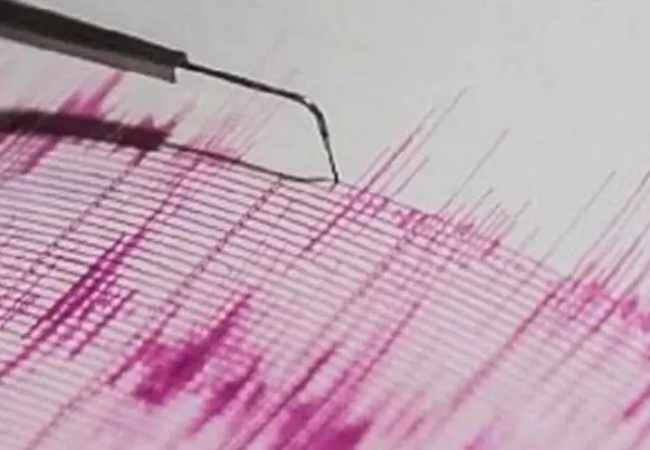Bengaluru: Toyota Kirloskar Motor on Tuesday announced plans to invest Rs 3,300 crore to set up its third plant at Bidadi in Karnataka.
The new unit, which will commence production by 2026, will have an annual capacity of 1 lakh units in two shifts.
It will come up at the company's existing facility at Bidadi, near here where it currently has two units with a combined installed production capacity of up to 3.42 lakh units annually.
The new plant, apart from producing multi-utility vehicle Innova HyCross, will be ''future ready'' to roll out models spanning across different fuel technologies, Toyota Kirloskar Motor (TKM) Executive Vice President & Country Head Vikram Gulati told PTI.
''I believe, we are as a company future-ready, both in terms of access to technology, access to well-accepted products across various powertrains as also access to the ability to bring these products to market,'' he said.
He further said in the industry, it doesn't take too much for the same line or some lines to be made ready for introducing any kind of powertrains.
''It does take a bit of doing but it's not really a huge barrier, in my opinion. So that that makes us ready and flexible in terms of any of the powertrains going forward. And I'm sure the new plant is going to be much more advanced and much more future ready,'' Gulati said when asked if the third plant will have the provision for producing new technology vehicles such as electric vehicles.
He, however, said it is too early to give any specifics.
The third plant will create 2,000 jobs, adding to the current 11,200 strong workforce across the existing two plants, he added.
The company has signed a memorandum of understanding with the Karnataka government regarding the fresh investment to set up the third plant coinciding with its 25th year of operations in India.
''As a future-ready mobility company, we are certain that today's significant MoU with the Karnataka government for the new plant will positively contribute through consequent employment generation and expand adoption of advanced clean technologies,'' TKM Managing Director and CEO Masakazu Yoshimura said at the event.
He further said TKM would continue to work with the government to develop a world-class local system that promises best solutions for India by focusing in improving energy security, promoting economic growth and achieving carbon neutrality.
In a statement, Toyota CEO Asia Region Masahiko Maeda said, ''The Indian market has always been of great importance of us. We are confident that the new investments in India, we will further elevate TKM's role in our global vision for a more promising future by creating sustainable mobility solutions that enrich people's lives worldwide.'' Last year, Toyota group firms comprising TKM and Toyota Kirloskar Auto Parts had signed an MoU with Karnataka government to invest Rs 4,100 crore to enhance electrification, fast paced shift towards greener technologies and deeper cut in CO2 emissions.
So far Totoya has invested a total of Rs 16,000 crore in India on various activities.
Let the Truth be known. If you read VB and like VB, please be a VB Supporter and Help us deliver the Truth to one and all.
Chikkamagaluru: Legislative Council member C.T. Ravi on Friday called for an impartial and fair investigation into the banner-related clash and firing incident that occurred in Ballari.
Speaking to reporters in Chikkamagaluru, Ravi said the incident must be investigated thoroughly without prejudice or hatred influencing the probe. He said it was important to clearly establish who opened fire and who was responsible for the killing.
Referring to Valmiki Jayanti celebrations, Ravi said it was the BJP government that began officially observing the occasion, while the Congress, he alleged, had earlier denied the existence of Lord Ram and indirectly questioned the legacy of Valmiki. He recalled that during the Ram Setu case, the Congress had told the Supreme Court that Ram was a fictional character and not a historical figure.
On the Ballari incident, Ravi said registering cases or taking action with malicious intent was not appropriate. He added that whether banners were put up with permission or without it, forcibly removing them was wrong. If banners had been erected without permission, a complaint could have been filed instead.
Ravi also questioned how the government could justify people going near the residence of G. Janardhan Reddy to display strength. He said these circumstances suggested that the banner issue may only have been a pretext and that there could be other factors behind the violence.


_vb_49.jpeg)
_vb_57.jpeg)

